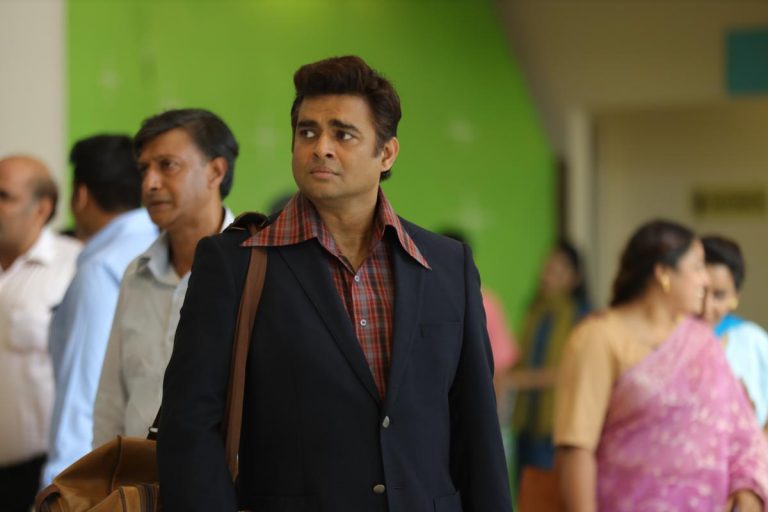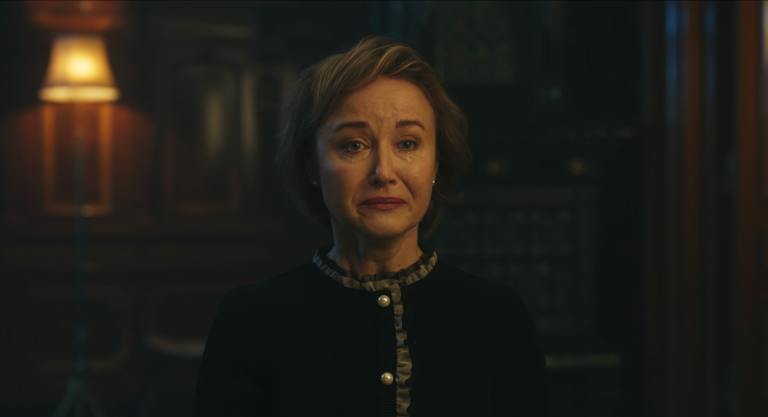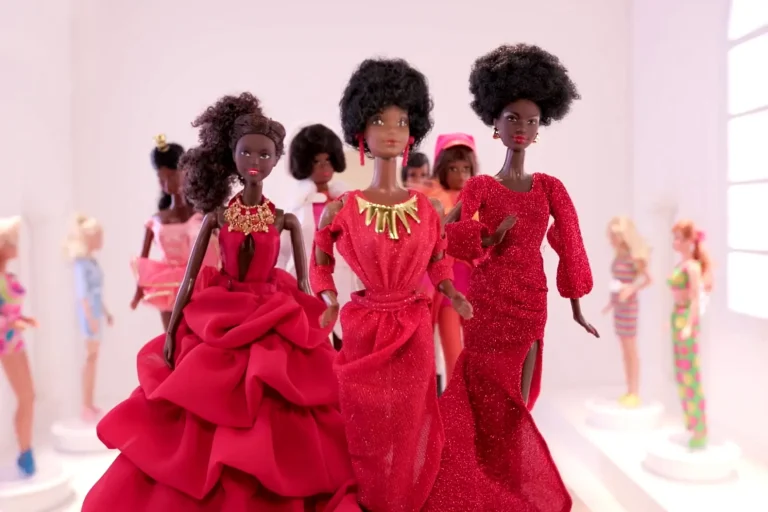5 Reasons Why All That Breathes Will Win the Best Documentary Oscar: Shaunak Sen’s extraordinary All That Breathes, one of the year’s most well-received documentaries, was finally released on HBO Max this week. The transfixing and timely film had won the World Documentary Grand Jury Prize at Sundance last year. Subsequently, it went on to win the L’Oeil d’Or at Cannes 2022. Now, it’s achieved yet another milestone by bagging a nomination along with four other documentaries at the 95th academy awards. In this piece, we look at five reasons why Sen’s documentary deserves to win at the Oscars and why it may as well end up winning.
1: For the Cultural Information it Holds
One of the best aspects of Shaunak Sen’s documentary is how well-rooted it feels in the smoggy backdrop of New Delhi. By presenting the story of two brothers named Nadeem Shehzad and Mohammad Saud in their pursuit to care for migratory meat-eating birds in the urban jungle, the film astoundingly acts as both a profiling and a meditation on the Indian conscience of today. The information conveyed is a very product of Sen’s sublime filmmaking. Each slow pan – whether from one corner of the basement to another or from one conversation to the next – tells a story of unbounded relegation and persistence.
Through this, we get a glimpse into the lives of these modest residents of North-East Delhi, who have devoted nearly two decades of their lives caring for injured birds known as black kites. There’s also no shying away from New Delhi’s gloomy ecological state, of it being one of the most polluted cities on the planet. The movie acknowledges that. At the same time, it paints a larger picture of what’s more at stake. And how the intrusion of industries has forever impacted the ecosystem. The filmmaker regularly frames the kites against a smog-shrouded cityscape, reinforcing at once the mutual harmony of nature and life and the extent to which we’ve let the former deteriorate.
2: For Its Themes of Human Unrest & Identity
Sen’s documentary evokes a sense of place. It yet somehow feels universal enough to strike a chord with the global audience – something which especially became more apparent with the wide accolades the film has won over its run through various film festivals circuits since last year. By not attenuating itself to just being either a nature documentary or a didactic political lecture, All That Breathes provides us with a haunting reflection on the meaning of humanity itself. In fact, it lets its politics speak for itself through the inspiring tale of two eccentric young men who spend their time for the wellbeing of a creature that most of their neighbors would sooner ignore. There’s a looming dread hovering over their own lives with new legislation against Muslim citizens of the country simultaneously being passed.
Throughout the course of the documentary, we only get to hear audio cues from news channels about the unrest fomenting in the streets. In fact, one of the few times we do see it get mentioned directly is when one of the brothers dismisses the idea of going to a protest because he would be too busy trying to save the birds that symbolize him. It’s only by the end that the film confronts us through a striking shift in perspective, where we get to see videos from the riots that shook North-East Delhi in 2020. It almost feels like the silent dignity and heartbreaking kindness of the two men couldn’t keep the hatred from intruding on their good work.
3: An Inspiring Story Of Persistence
The self-taught men at the documentary’s center spend their nights devoted to treating injured black kites that fall out of their hometown’s toxic skies. The clinic in the basement of their soap dispenser business acts as a secure chamber for these creatures, where they’ve reportedly treated over 20,000 of them. By the film’s end, we finally see them set up their Wildlife Rescue office, after enduring countless hardships with stringent overseas funding.
As we learn through the film’s runtime, the two brothers had applied for a grant to expand and modernize their clinic’s operation for years. That’s precisely why, despite the gloomy political backdrop of the documentary, “All That Breathes tells an optimistic story of patience and persistence in the face of bureaucratic red-taping, complex family tensions, and a national capital both on the brink of an environmental as well as political collapse.
4: Placing The Background In The Foreground
One of the most well-deserved compliments Sen’s documentary has received is for its structure. By avoiding talking heads or sloppily interwoven clips, Shaunak Sen lets the background of his fluid documentary emerge into the foreground. Roger Goula’s wanton score combined with Ben Bernhard’s cinematography harmoniously enhances the miraculous film grammar. There’s a distinct and palpable emphasis laid on the shared nature, evoking both effective visual dichotomies and awe-inspiring wonder. At one point, we get an extended scene of the two brothers nearly drowning in their effort to rescue a single kite from the foul waters of a fast-flowing river. Through this meditative approach, the film poetically places its background in the foreground until you can no longer tell one apart from the other.
The first scene we get, even before the title comes on, is indeed of a dark landscape upon which the camera dawns, right till it’s just over the littered, damp ground. We watch the other animals lurking in the background, the garbage in the street attracting rats in an unfocused frame. Their insatiable hunger is only interrupted by a moving car in the distance, whose headlights get brighter until the screen eventually gets overtaken by the ethereal white light. Similarly, we also get a stunning shot of people gathering around a fire pit, which gradually blurs until you can only see an invisible snail crawling across the foreground of the frame. By the end, you start to appreciate the film’s narrative depth while also acknowledging the fluidity of its structure. It all works, however, precisely because the visual grammar throughout seamlessly compliments the overstepping boundaries of the personal and political.
5: For Its Urgency
While four strong competitors definitely accompany All That Breathes in the ‘Best Documentary’ category at the 95th Academy Awards, it has certainly grown more over people since its initial premiere at Sundance earlier last year. Both “Fire Of Love” and “All The Beauty And The Bloodshed” benefit from their strong aesthetic impression that never comes at the expense of their narrative stronghold. Yet the more restrained and meditative approach of Sen’s documentary evokes a deeper sense of despair, only for it to end by reframing why the things the two brothers at the center endure shouldn’t just be limited to environmentalists but to all of us.
There’s no denying that the nail-bitingly tense “Navalny” and “All The Beauty And The Bloodshed” have an edge for their scathing political relevance in the given category. However, given the universally relevant themes of growing xenophobia and bigotry, All That Breathes has the edge over the remaining two as well. The story here might appear to be just about man’s interaction with nature (or merely choosing to destroy it through inaction, for that matter). Still, Sen’s approach of blurring the line between the personal and political transcends the conventions set by most other documentaries that came out last year. Well, we shall find out what film bags the award on 12th March 2023 during the live academy awards ceremony.







